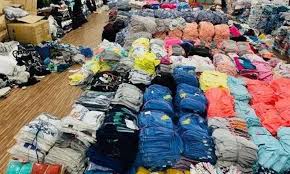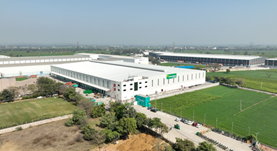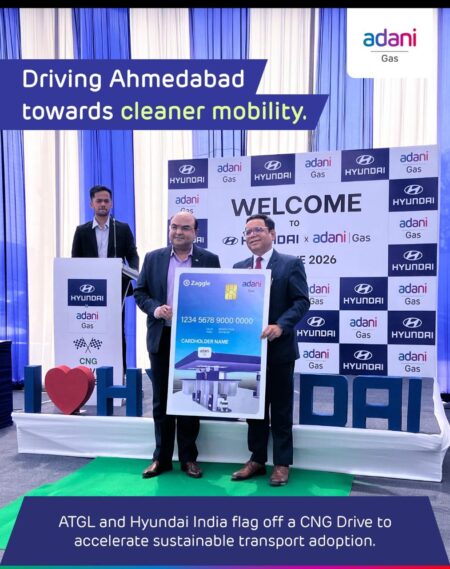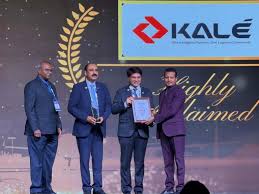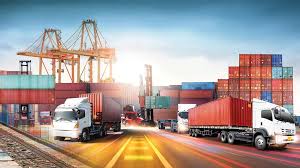India aims to boost its logistics sector through state-specific reforms outlined in the LEADS 2024 report. This initiative encourages collaboration between states, UTs, and the private sector to improve efficiency and sustainability. Let’s get views from the industry leaders regarding the same, including their perspectives on these reforms, state-level initiatives, and necessary steps for a stronger, more competitive logistics landscape.
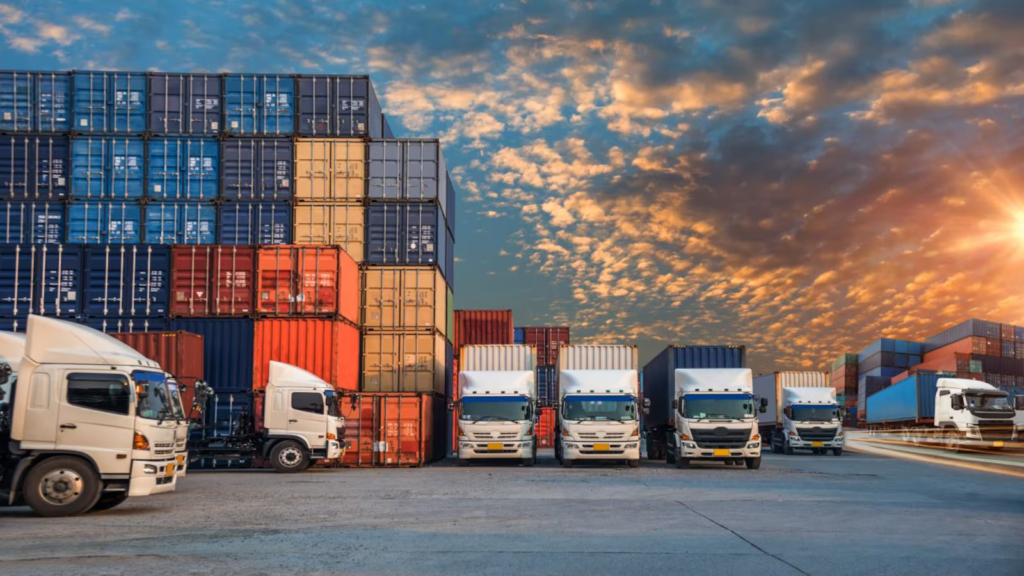

“Union Minister Piyush Goyal’s call for state-specific logistics reforms and the adoption of the LEADS framework reflects a forward-thinking approach to modernising India’s logistics ecosystem. By emphasising state-specific action plans, technological advancements, inclusivity, and sustainability, the proposal aims to enhance operational efficiencies and foster an investment-friendly environment across regions. This aligns seamlessly with Jammu and Kashmir’s proactive measures, including our new logistics policy, which focuses on reducing logistics costs, doubling goods vehicle efficiency, and integrating digital systems for seamless cargo movement. Key infrastructure projects, such as the Srinagar-Jammu National Highway and Zojila Tunnel, coupled with a sector-focused strategy targeting pharmaceuticals, e-commerce, agriculture, and dairy, resonate with the minister’s vision for localised reforms.”
“To further improve our logistics ecosystem, initiatives like the establishment of ACTL Samba, North India’s first private inland container depot, and the development of the Vijaypur Multi-Modal Logistics Park (MMLP) underscore our commitment to infrastructure modernisation. The MMLP, with its strategic location and advanced facilities like mechanised warehouses and a private freight terminal, will lower logistics costs and boost industrial activity in the region.”
“Looking ahead, additional measures such as promoting green logistics through EV incentives and sustainable packaging, implementing skill development programs, and streamlining regulatory processes with a single window clearance system are essential. Leveraging advanced technologies like AI, IoT, and blockchain can also enhance supply chain visibility and global competitiveness. Finally, addressing J&K’s fragile ecosystem through the ‘Cause, Effect, Sustain’ framework will ensure sustainability remains central to our development goals, balancing economic progress with environmental preservation.”

“Union Minister Piyush Goyal’s call for state-specific logistics reforms and the adoption of the LEADS framework is a significant step in advancing India’s logistics ecosystem. The National Logistics Policy, launched in September 2022, provided a comprehensive roadmap to enhance the sector by focusing on increasing economic growth, generating employment opportunities, and improving the competitiveness of Indian goods. Addressing cost efficiency in logistics is at the core of this policy.”
“The development of the logistics sector requires active participation from state governments and union territories. In line with the National Logistics Policy, each state was tasked with creating its own policies that include interventions in infrastructure development and service delivery standards. States have already undertaken progressive initiatives in areas such as infrastructure and technology, and introducing competitive federalism into the logistics domain has proven to be a healthy trend. This competitiveness not only improves logistics performance but also enhances the ease of doing business, attracting greater investments.”
“The release of the Logistics Ease Across Different States (LEADS) report, a data-driven evaluation, recognises states’ achievements in logistics ease of doing business while identifying areas for improvement. Notably, the 2025 LEADS report has also incorporated ESG considerations and emphasised gender parity in employment. This holistic approach offers states and Union Territories the opportunity to understand their strengths, address weaknesses effectively, and take steps to enhance their logistics frameworks.”
“Overall, this initiative provides a structured and inclusive path for improving India’s logistics sector, ensuring sustainability, competitiveness, and robust economic development.”

“The proposed reforms are pathbreaking, as the focus on the logistics sector and the realisation of its significance have been recent. A steady understanding of the LEADS framework from its first to the current sixth edition clearly shows that it promotes data-based, scientific pedagogy for infrastructure and economic planning, enabling states to benchmark against ascribed standards for business competitiveness and infrastructure efficiency globally. Challenges and opportunities vary based on connectivity. From a landlocked perspective, LEADS highlights Telangana’s natural centrality for consumption and distribution, emphasising first- and last-mile innovations. The Government of Telangana is committed to making the state conducive for cost, quality, and business value in a sustainable manner. Transitioning from ‘landlocked to land-linked,’ we are promoting dry ports and multimodal logistics parks across all four corners, ensuring connected production and consumption clusters. Key measures include developing Extended Port Gates for Telangana Dry Ports & Express Connectivity by extending delivery points from seaports to inland terminals, reducing congestion through rail or barge transport. Data Aggregation & Tech Adoption will integrate data-centric decision-making across government, industry, and consumption centres through the Gati Shakti framework. Addressing the logistical needs of small businesses through a production cluster approach and forming committees on road, rail, and air cargo will ensure a sustainable and cost-effective modal mix. Additionally, critical trade infrastructure such as irradiation facilities for perishables export, turmeric and chilli processing units, and centres of excellence for first/last-mile connectivity and sustainable cold chains will be promoted to enhance efficiency and competitiveness.”


